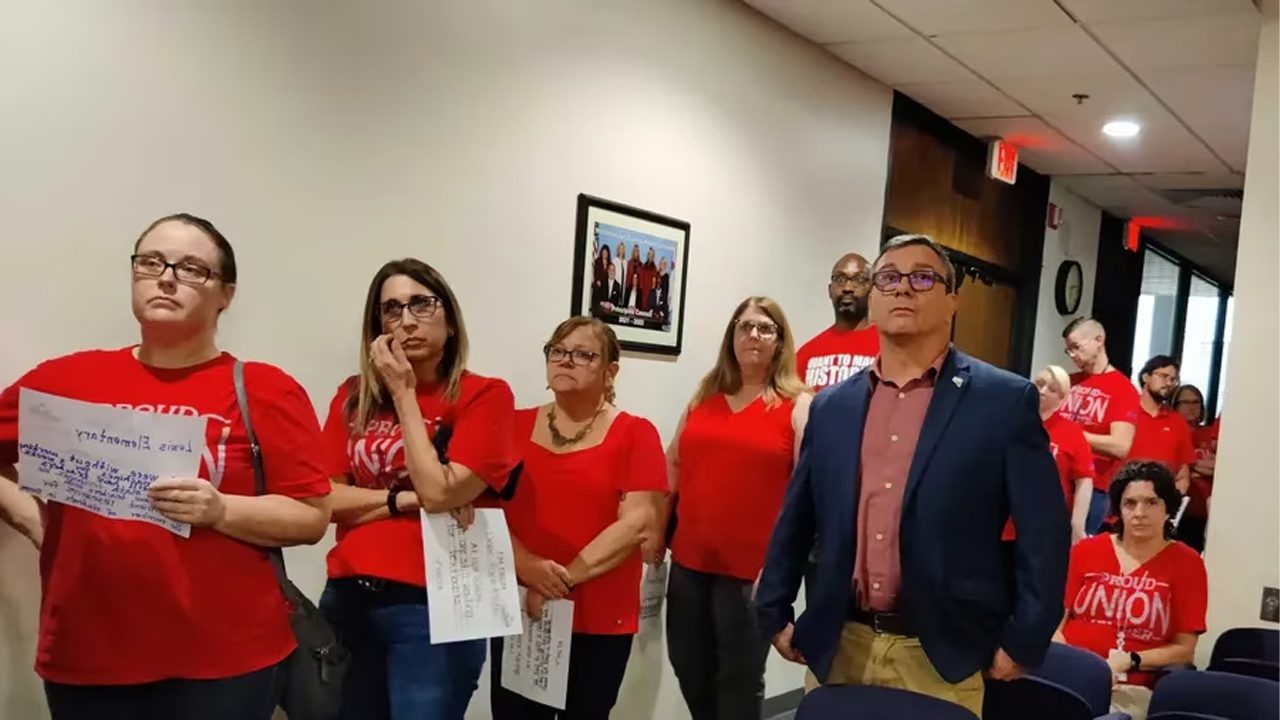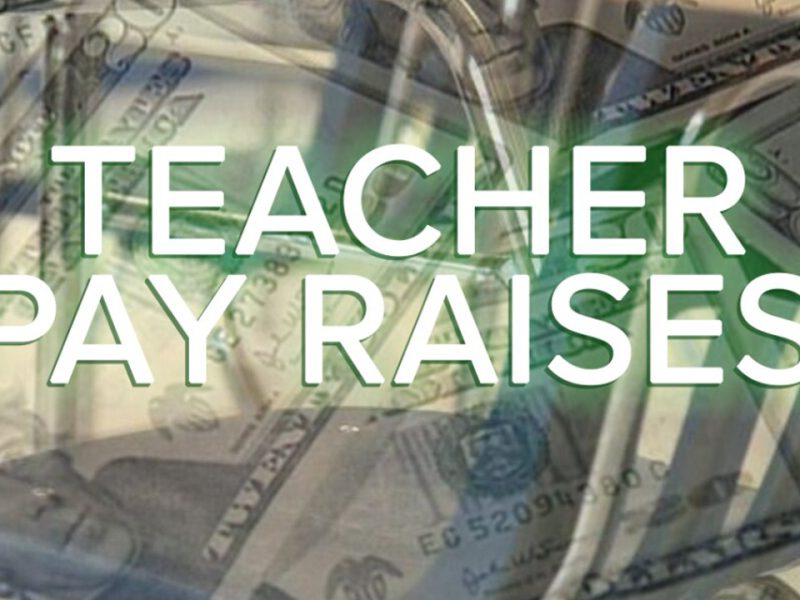
Hillsborough teachers, district reach pay deal after months of talks
Tampa Bay Times | By Marlene Sokol | April 4, 2023
Both sides must vote on the terms, but teachers are likely to see more money after April 18.
With the school year nearing completion, teachers in Hillsborough County this week are voting on a salary agreement that provides pay raises that are already outlined in a long-published schedule.
Assuming teachers ratify the agreement, the school board will vote on it on April 18. Raises and retroactive pay for eligible employees are expected soon after that.
“It’s a small victory that’s at the same time really big,’’ said Paula Jo Haggerty, assistant executive director of the Hillsborough Classroom Teachers Association.
The union’s president, Rob Kriete, said he looks forward to “taking the money we believe we have already earned, and getting it into the hands of people who need it.”
The district and its union bargain every year for pay, despite the existence of the salary schedule, in case money runs short.
That’s what happened in the 2021-22 school year, when the district said the scheduled raises would put too much strain in the operating budget. Already under scrutiny from the state for chronic imbalances, district leaders said they could not afford another deficit. They instead offered one-time pay supplements equivalent to the raises, using short-term funding. The union accepted that arrangement.
But the union drew the line at a second year of supplements for 2022-23, and declared a bargaining impasse in July. Because of the impasse, the teachers have been working this year at 2020-21 pay rates.
In a brief prepared for the impasse case, the union tried to establish that the district had enough money to pay the teachers what amounted to $13 million a year in raises. Union leaders used budget and payroll data to make their argument.
But special magistrate James D. Stokes, in his recommendation, did not focus on the accounting as much as the issue of fairness.
He noted that teachers accepted supplements instead of permanent raises in 2021-22 to help the district out of a bind. “They did so because the union was being a team-player,” he wrote. “They did so because they knew that the district was in trouble and needed their help. … It’s now time to make the correction from those years with a proper salary adjustment.”
Stokes also wrote that, just as the district has struggled to cover expenses in an inflationary economy, so have teachers and their families.
“While the district sees this bad economy as a reason to be more conservative in spending, to do so is to abandon the very people who perform the daily work which is necessary for the district to carry-out its mission,” he wrote.
In addition to the two years of conventional raises, the agreement also rewards teachers who have advanced degrees: $1,000 yearly for a master’s, $2,000 for an educational specialist and $3,000 for a doctoral degree.
Advanced degree supplements are common in education, but ended in Hillsborough a decade ago under a teaching reform experiment funded by the Bill & Melinda Gates Foundation. The Gates system sought to reward teachers based on the results they achieved more than other factors such as seniority and qualifications.





